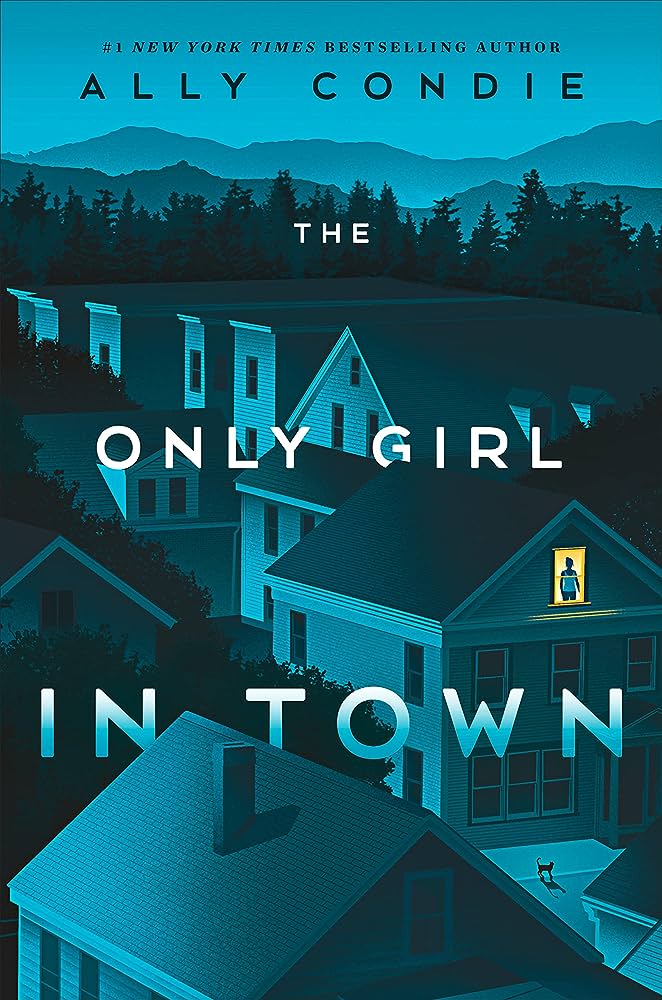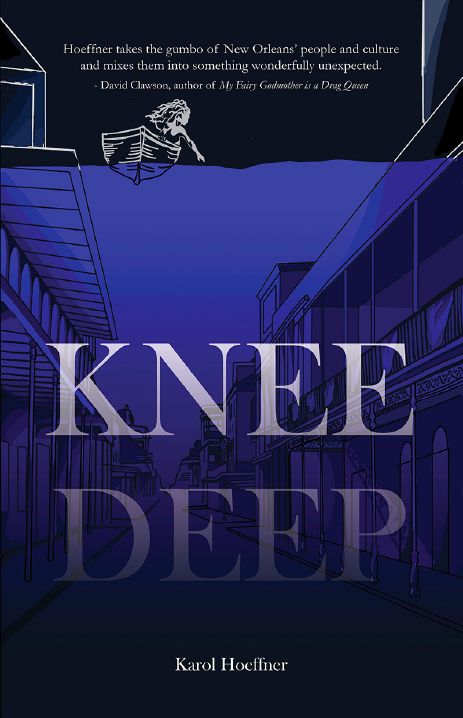 The Only Girl in Town follows July, a teen cross-country runner who discovers she’s completely and utterly alone in her town. Everything goes from the usual hustle and bustle to silence with the snap of a finger, and July doesn’t understand why. Over the course of the next several days, July tries to understand her new reality and how to change it.
The Only Girl in Town follows July, a teen cross-country runner who discovers she’s completely and utterly alone in her town. Everything goes from the usual hustle and bustle to silence with the snap of a finger, and July doesn’t understand why. Over the course of the next several days, July tries to understand her new reality and how to change it.
I went into this with the impression that there was going to be a paranormal or thriller subplot, simply because of the setup. Everyone in town disappears, and there are messages telling her to “get them back.” However, what I found was that the elements audiences may commonly associate with the thriller genre were utilized to tell a moving coming-of-age story that focuses on a teen girl’s journey with her emotions and what they’re ultimately rooted in.
This book is an incredibly poignant way to show someone’s experience with grief and loneliness. It is an excellent representation of how powerful emotions can be and how long they can sit with you, even if you are seemingly moving through your normal routine. I took much of this story to be reflective of July’s journey with depression due to the events that happened the previous summer, and there’s a descriptive phrase Condie uses that I think encompasses it well: “hearing the cold, lonely sound.” That’s a phrase that will stick with me long after I’ve put this book on the shelf.
What stood out to me about the storytelling was the formatting of the chapters. Most are labeled with the category of “now” or “once,” though there are some that are given no label, leaving you to assume when they take place in the timeline. Further, many of the chapters feel like stanzas of a poem rather than a traditional paragraph-based story. This really helps drive home the theming of the story and the emotional turmoil we see July experience, both in the “nows” and “onces.”
There’s also the small notion that July is an unreliable narrator, as possibly revealed by July herself. We’re made aware that while what we are reading is July’s experience and version of events, that doesn’t mean it’s what happens for everyone in the story, and that the way July interprets things is not necessarily how the other characters feel. I think this may signify the destructive paths our minds can take when we fall into these emotional situations, how our minds will tell or show us something that doesn’t line up with reality.
The Only Girl in Town is a beautiful coming-of-age story that focuses on loneliness in a way that I haven’t seen expressed in a book before. I encourage anyone who is looking for a meaningful or emotionally compelling story to check this book out.
A copy of this book was provided by the publisher, Dutton Books for Young Readers, for review.




